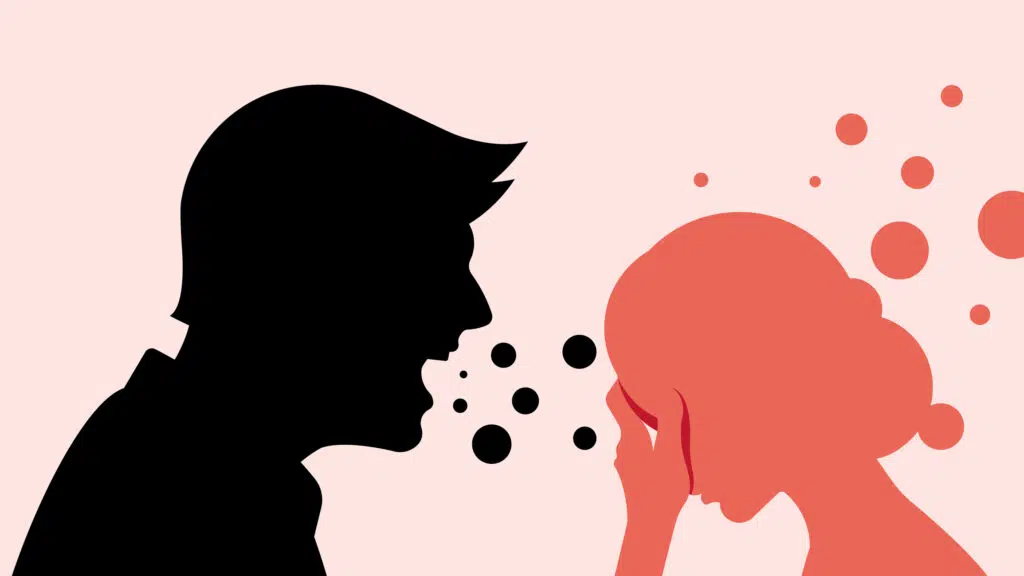How Stress Affects Your Physical Health

Many people offhandedly complain about day-to-day stress, but they may not realize how much of an impact it can have on their immediate and long-term health.
At Thriving Mind Psychology, the experienced therapy team offers a variety of services that can help you learn how to manage stress and prevent it from negatively affecting your physical and mental health.
Understanding stress
Stress is the natural response of your body to potentially dangerous situations. When you’re in a situation that causes stress, your brain stimulates the release of stress hormones to trigger your body’s fight-or-flight response. This response can help you react to a situation at hand.
As a result of the release of stress hormones, you may feel your:
- Heart race
- Muscles tense up
- Breathing quicken
The purpose of releasing stress hormones is to spur you to react to a situation or remove yourself from a dangerous situation.
The impact of excess stress on your physical health
When you’re constantly under the weight of stress, it can begin to affect your physical and mental health. In fact, chronic stress can have an impact on virtually all of your body’s systems.
Chronic stress at work or home can increase your chances of developing recurrent headaches, stomach upset, and chronic muscle tension. It might also increase your chances of developing chronic health conditions, such as:
Heartburn
The stress response can increase the production of acids in your stomach, which can worsen existing heartburn or cause it to become chronic.
Shortness of breath
Being overstressed can cause tension in the muscles that control your breathing, which can lead to persistent shortness of breath.
Weakened immune system
Chronic stress can break down your body’s natural defense system, which can weaken your immunity against infections and diseases.
High blood sugar
When you’re under stress, your liver can allow extra sugar to be released into your blood. This can increase your risk of developing Type 2 diabetes, which could cause additional long-term health complications.
High blood pressure
The release of stress hormones can cause your blood vessels to become tighter and more narrow. This can elevate your blood pressure levels, which can increase your risk of suffering blood vessel damage, irregular heart rates, and heart attacks.
Sexual dysfunction
Chronic stress can have an impact on the sexual health of both men and women. Stress can result in chronic fatigue and a reduced sex drive. Men can experience erectile dysfunction due to uncontrolled stress, which can lead to fertility issues.
Stress hormones can interfere with a woman’s normal menstrual cycle and even cause it to stop completely, which can lead to infertility.
Depression and anxiety
When you’re constantly under stress, it can break you down emotionally and lead to issues with depression and anxiety.
Insomnia
Any level of stress can make it difficult to fall asleep. When disrupted sleep patterns occur frequently, it can lead to insomnia, which in turn can cause anxiety, persistent fatigue, and other chronic health conditions.
Getting help for chronic stress
Because stress can negatively impact your overall health and wellness, the team at Thriving Mind Psychology offers comprehensive services that can help you take back control. Expert psychologists will customize your treatment to help you achieve a higher quality of life. They offer a number of treatments, such as:
- Talk therapy
- Online Video Teletherapy
- Cognitive-behavioral Therapy
- Acceptance-Commitment Therapy
- Neurofeedback
- Mindfulness Meditation
The Thriving Mind Psychology team will also provide guidance for making necessary changes to your lifestyle, sleep habits, and exercise regimen, so you can learn how to prevent stress from negatively impacting your health.
To learn more about the stress management therapies available, book an appointment online or over the phone with Thriving Mind Psychology today.

Understanding Impostor Syndrome: Breaking Free from Self-Doubt
Imposter syndrome can make you feel like a fraud with no confidence in your abilities. You’re not alone; so many people feel like this. The good news is that you can break free from imposter syndrome and overcome self-doubt; here’s how.

Supporting a Loved One with Mental Illness: Practical Tips and Resources
There isn’t one perfect way to support a loved one with mental illness. How you care for someone will depend on you and the person you support. Mental illness can affect all aspects of a person, from mood to behavior. It can come as a shock when a loved one is diagnosed with a mental illness.

Is My Relationship One-Sided?
Do you feel like you’re doing all the work in a relationship? When a relationship is one-sided, it can create stress and conflict. If one partner invests more energy and effort to make the relationship work, it creates an imbalanced dynamic that can be draining in the long haul.

How To Recover From Burnout?
Manageable and short-term stress can increase alertness and give you the focus to hit a tight deadline. But left unchecked, chronic stress can result in burnout, leading to complete physical, mental, and emotional exhaustion.

